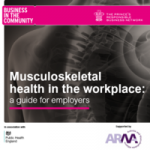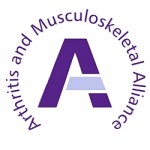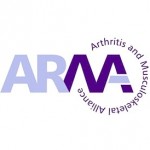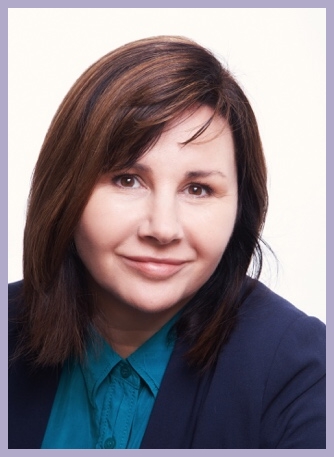 by Jane Green BSc. (HONS) Psych., PGCE, Av.Dip. Ed. Child Development, MA Ed. (Leadership and Management / autism)
by Jane Green BSc. (HONS) Psych., PGCE, Av.Dip. Ed. Child Development, MA Ed. (Leadership and Management / autism)
Why did I stop working in my professional career?
Two-and-a-half years ago I medically retired. This was after years of pain following full dislocations; half-dislocations; sprains; tears in joints, muscles, ligaments and tendons; and arthritis. I received my diagnosis of Ehlers-Danlos syndrome 3 (now hEDS) and associated conditions later that year.
As a child, I did have a few problems with joints and did ‘party tricks’.…
Read more of this article


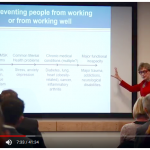
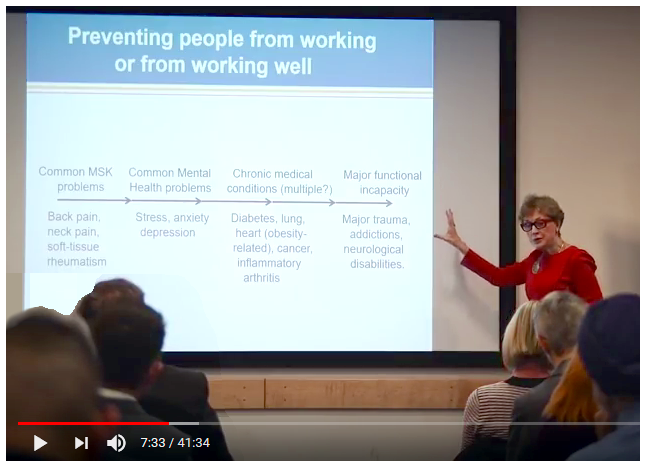

 By Chris Graham, Chief Executive, Picker Institute Europe
By Chris Graham, Chief Executive, Picker Institute Europe